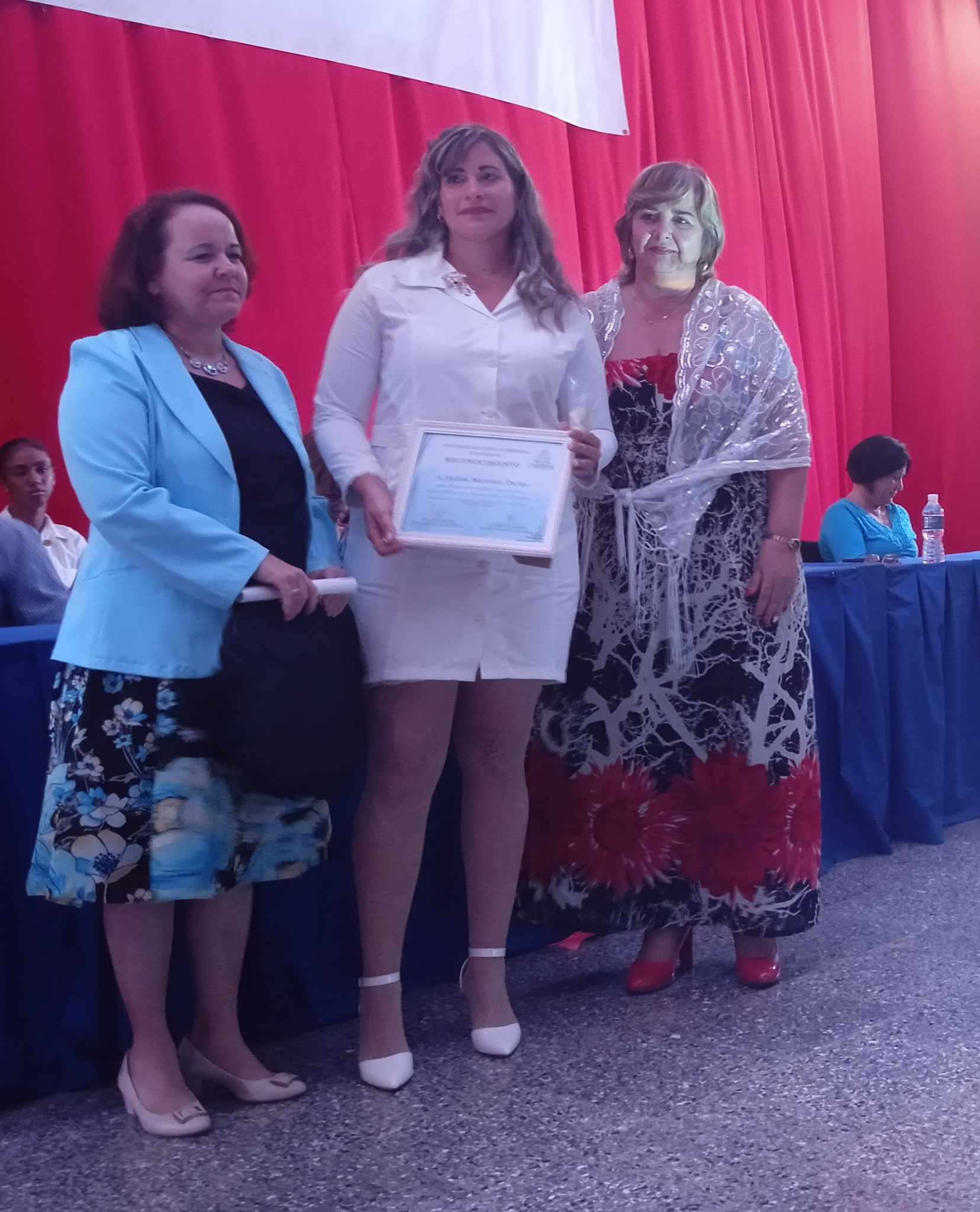The University of Medical Sciences of Cienfuegos admitted 146 new health professionals this Friday, forming the 44th degree and forming the thirty-sixth “Carlos J. Finlay” contingent.
On this occasion, the students completed the basic nursing and medicine training program, the bachelor’s degrees in health rehabilitation, medical imaging and radiophysics, optometry and optics, clinical bioanalysis, health information systems and, within the framework of meetings, intermediate technicians for pharmaceutical services.
This university has been training professionals for Cuba and the world for more than 40 years.
A total of 36 foreigners emerge from these specialties, originating from Vietnam, Angola, Congo, Comoros, Sahrawi Arab Democratic Republic, Antigua and Barbuda, Dominica, Guyana and Haiti.
The event was chaired by directors of the House of Higher Studies, the Provincial Health Directorate, the Union of Young Communists and the Cuban Institute for Friendship with the Peoples of the Province, and was also attended by members of the diplomatic corps from Angola, Haiti and the Sahrawi Arab Democratic Republic.
This closing ceremony was attended by diplomats from Congo, Angola, Saudi Arabia and Haiti#CubaForLife@falcon_arelys @DPSCfgos pic.twitter.com/JmUSOGDUY5
— Communication UCM-CFG (@Comunikn2UCMCFG) July 21, 2023
Arely’s Falcon HernandezRector of the center, expressed his great pleasure to announce that of these graduates, 11 received a gold degree and three received a scientific achievement award.
With this degree, the University of Medical Sciences of Cienfuegos reaches 15,592 graduates, 2,619 of whom come from 69 countries.


The doctor also thanked the teachers who have guided the knowledge and learning path over the years, who in turn have continuously surpassed themselves and, together with the students, have made possible the institutional re-accreditation with the “Certified University” category.
“Today, health workers have also learned to be better people by joining various community projects and serving the community. These practices are related to the growing need to demonstrate the contribution of universities and their groups to solving societal problems.

